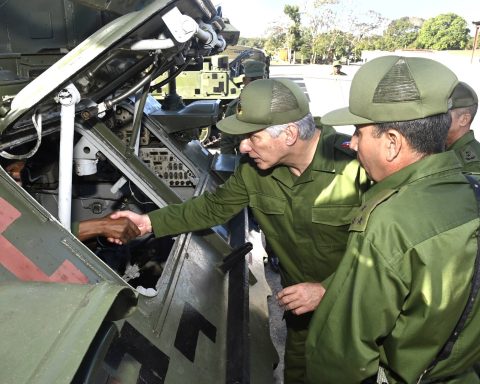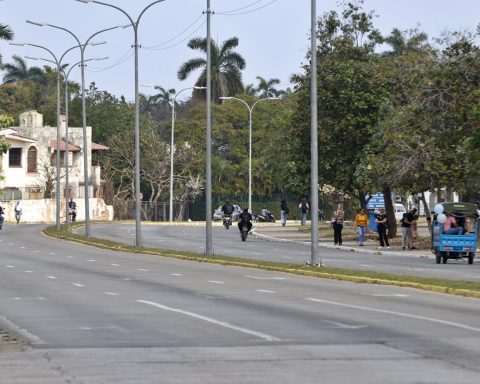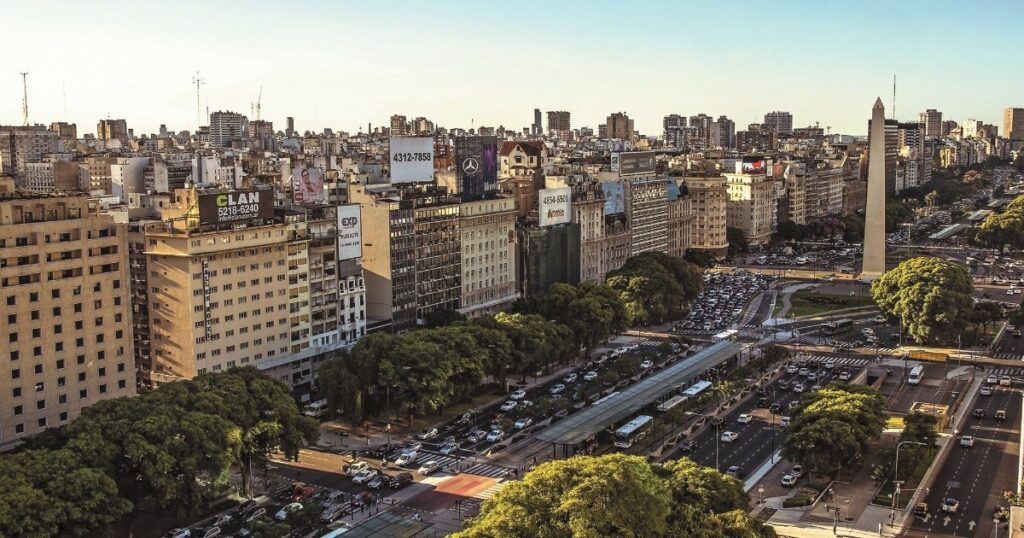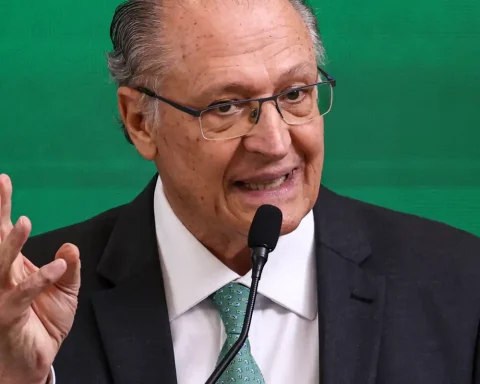Cuba exceeded 3500 micro, small and medium enterprises (MSMEs) authorized private companies since the Cuban government gave the green light to these economic actors last year.
The figure was reached this Thursday with the approval of 93 new private MSMEs by the Ministry of Economy and Planning (MEP), which also validated a non-agricultural cooperative.
In this way, as detailed by the MEP on Twitter, so far “there are 3,657 economic actors approved since the process began in September 2021.”
“Of the MSMEs, 3,552 are private and 51 are state-owned, and there are also 53 cooperatives,” added the entity, according to which “55% are reconversions of pre-existing businesses and 45% correspond to new ventures.”
With this decision, there are 3,657 economic actors approved since the process began in September 2021. Of the MSMEs, 3,552 are private and 51 are state-owned, and there are also 53 cooperatives.
— Ministry of Economy and Planning of Cuba (@MEP_CUBA) June 2, 2022
Cuban authorities estimate that these economic actors will generate more than 60,000 new jobs.
In addition, according to the MEP, of the new approved actors, 120 are part of local development projects, 36 have previously carried out export operations and 11 are incubated in the Science and Technology Park of Havana.
Of all those approved, 120 are part of local development projects, 36 have previously carried out export operations and 11 are incubated in the Science and Technology Park of Havana.
— Ministry of Economy and Planning of Cuba (@MEP_CUBA) June 2, 2022
MSMEs, whether private or state-owned, are part of the current economic scenario on the Island, the result of the reforms carried out by the Executive of President Miguel Díaz-Canel, in which non-agricultural cooperatives, self-employment and self-employment also coexist. the socialist state company, considered by the government as the main actor in the Cuban economy.
As is known, MSMEs have their own legal personality, can export and import through state entities, and have been authorized for activities related to accommodation, beauty services, food production, manufacturing, information technology, logistics and transportation, among others. However, they cannot access spheres considered strategic for the State, such as health, telecommunications, defense and the press.

















